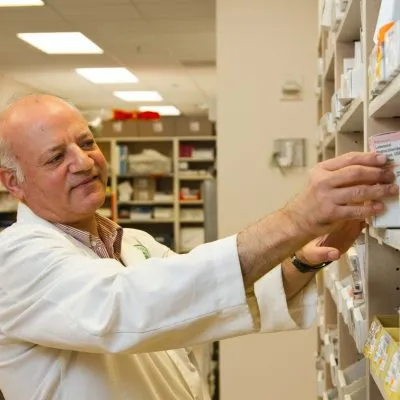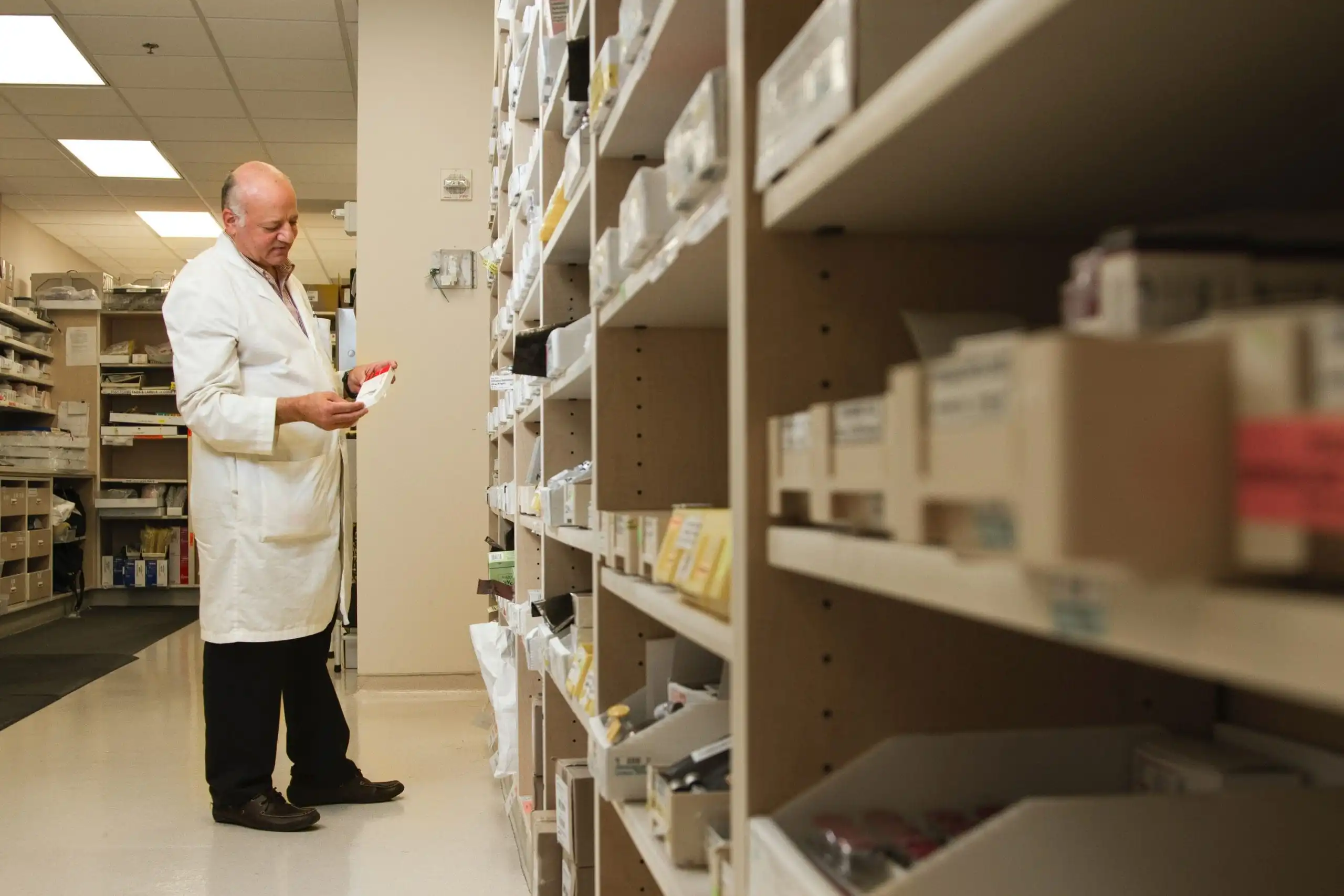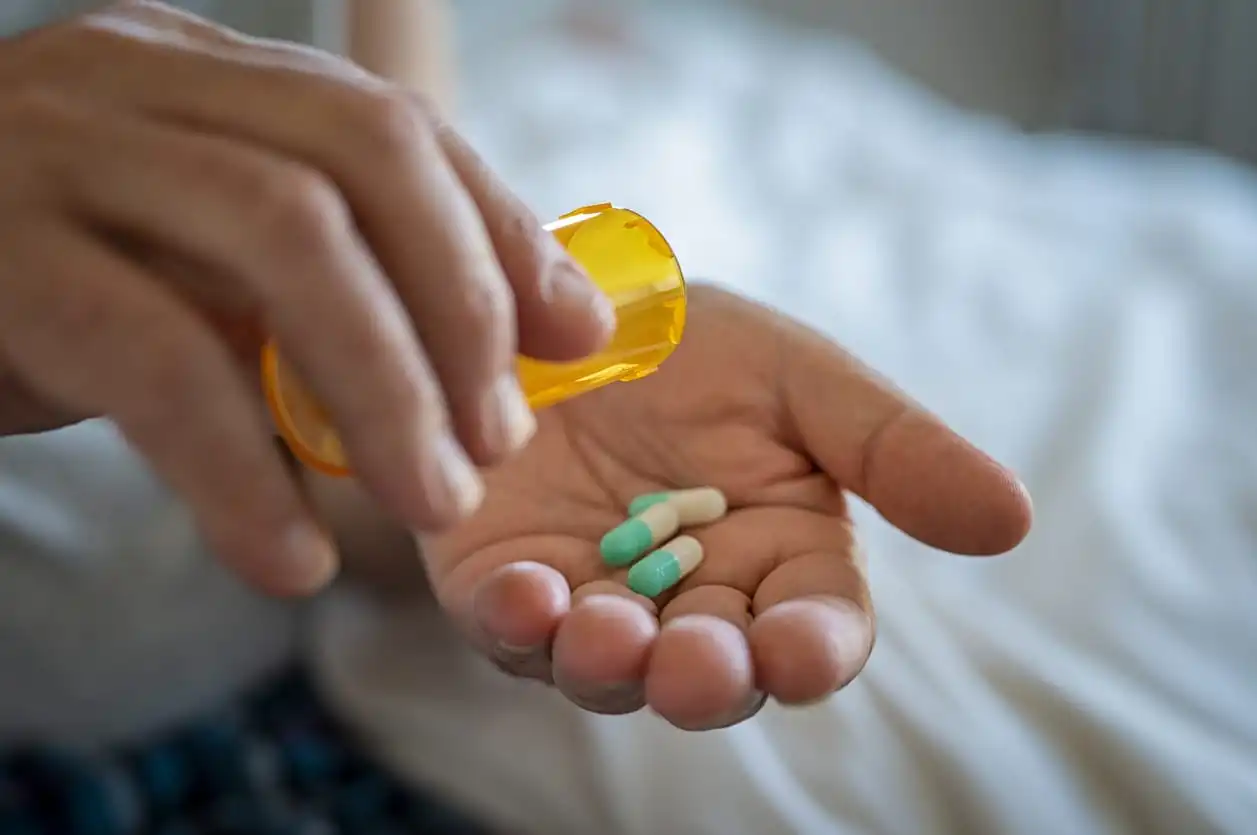
Biosimilars are treatment options designed to be interchangeable with branded biological products – medicines used by healthcare professionals to diagnose, treat, and prevent diseases and medical conditions.
Biological agents or products are typically large, complex molecules created using biotechnology in a living system. They include microorganisms, animal cells and plant cells that are often more difficult to characterize when compared to drugs with smaller molecules.
Safety of Biosimilars
Biosimilar drugs are compared and evaluated against referenced products – biological products that have been approved for safety and effectiveness. Biosimilars are subjected to rigorous testing against approved referenced products to ensure that they are highly similar with no significant clinical level variations.
Among the many types of biological products approved for use in Europe and the United States are vaccines, therapeutic proteins and monoclonal antibodies.
Get your requested raw materials quotation
FDA-Approved Biosimilars to Treat Cancer & Autoimmune Diseases
Many types of biosimilars are currently available to treat a wide variety of cancers, arthritic conditions and autoimmune disorders that include:
Adalimumab
Adalimumab is a medicine used to treat psoriatic arthritis, rheumatoid arthritis, Crohn’s disease, ulcerative colitis, ankylosing spondylitis, psoriasis, hidradenitis suppurativa, juvenile idiopathic arthritis and uveitis. Sold under the Humira brand, adalimumab is typically prescribed to patients that have not responded to other medications and is administered through an injection under the skin.
Bevacizumab
Sold under the brand name Avastin, Bevacizumab is used to treat age-related macular degeneration along with numerous types of cancer. For lung cancer, glioblastoma, colon cancer, and renal-cell carcinoma, it is slowly injected into a vein. To treat macular degeneration it is administered directly into the eye.
Rituximab
Rituximab is a medication prescribed to certain autoimmune diseases and numerous types of cancer. Sold predominantly under the brand name Rituxan, rituximab is used to treat chronic lymphocytic leukemia, non-Hodgkin lymphoma, granulomatosis with polyangiitis, rheumatoid arthritis, idiopathic thrombocytopenic purpura, myasthenia gravis, pemphigus vulgaris and Epstein–Barr virus-positive mucocutaneous ulcers. Treatment administration is through slow injection into a vein.
Differences between Biosimilars and Referenced Products
The manufacturing and testing of a biosimilar must demonstrate that the product is highly similar. This is accomplished through an extensive analysis and comparison that takes into account the structure and function of both products.
Characteristics of both products such as bioactivity, purity and chemical identity are assessed through the use of state-of-the-art technology. The manufacturer then uses the resulting comparative tests and supplementary information to show that the reference and biosimilar products are highly similar.
Some minor differences, such as clinically inactive components like stabilizers or buffers, are acceptable. These differences are then subjected to testing by authorities to ensure the biosimilar meets standards for approval.
Manufacturers of biosimilars must use testing and analysis to demonstrate that they have no clinically meaningful differences from referenced products. They are assessed in terms of potency, safety and purity, established through an assessment of clinical immunogenicity, pharmacodynamic (response) studies, human pharmacokinetic (exposure) studies and, if required, additional clinical studies.

Biosimilars vs. Interchangeable Products
Interchangeable products are biosimilar products that have undergone additional requirements to show that they produce the same clinical result in a patient when compared to a reference product. This ensures that these products have the same safety and efficacy standards when switched back and forth with interchangeable products without the involvement of the prescriber and without a prescription.
Biosimilars vs. Generic Medicines
While both are marketed as inexpensive versions of expensive branded drugs, biosimilars and generic drugs have some differences. They are similar in their low cost due to the expiration of patents on branded drugs and are both designed to have the same effect. A key difference is their composition.
Generic drugs are virtually identical to the branded drug they are intended to copy, while biosimilars are “highly similar” copies that use living organisms as essential ingredients.
Biosimilars FAQ
Biosimilars are legal and subjected to rigorous testing that ensures that they are as safe and effective as their biological agent counterparts.
Several biosimilars used in oncology include nivolumab, ipilimumab, trastuzumab, bevacizumab and rituximab.
Biosimilars cost much less than branded drugs. This makes them accessible to a broader audience of consumers.
No. Biosimilars are “highly similar” versions of branded drugs while generic medicines are exact copies.
Biosimilars are as safe as the branded drugs they were intended to copy, subjected to rigorous testing against approved referenced products. This ensures that they are “highly similar” and do not have significant variations in clinical effectiveness.




